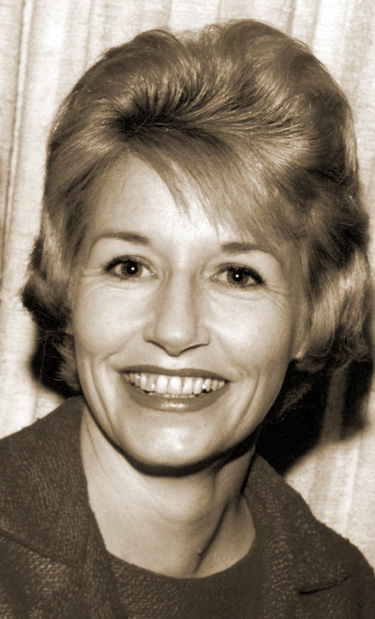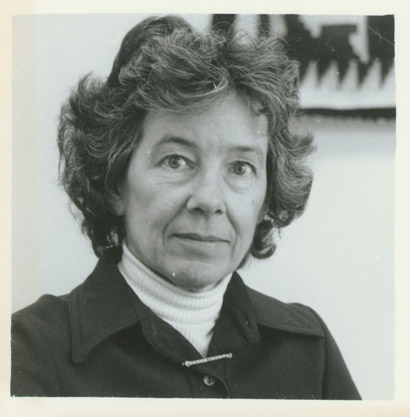Judith A. Barter Papers
Judith Barter is an art historian and curator of American art. She is currently the Field-McCormick Chair, American Art at The Art Institute of Chicago (AIC), where she has worked since 1992. Born in 1951 in Chicago, IL, she earned degrees at Indiana University and the University of Illinois at Urbana-Champaign before completing a PhD in Cultural and Social History at UMass Amherst in 1991. While earning her PhD, she worked as the curator of collections and associate director at the Mead Art Museum at Amherst College. She has written and contributed writing to a number of exhibition catalogs for exhibitions held across the United States; notable among these is Mary Cassatt: Modern Woman, which originated at the AIC in 1998. She was awarded the Chancellor’s Medal at UMass in 1999.
The papers document Barter’s professional career as a celebrated scholar of American art. The collection includes documentation of her research, writing, and lectures on topics such as trompe l’oeil and photography. Also included are VHS and cassette tapes documenting exhibitions and lectures.



